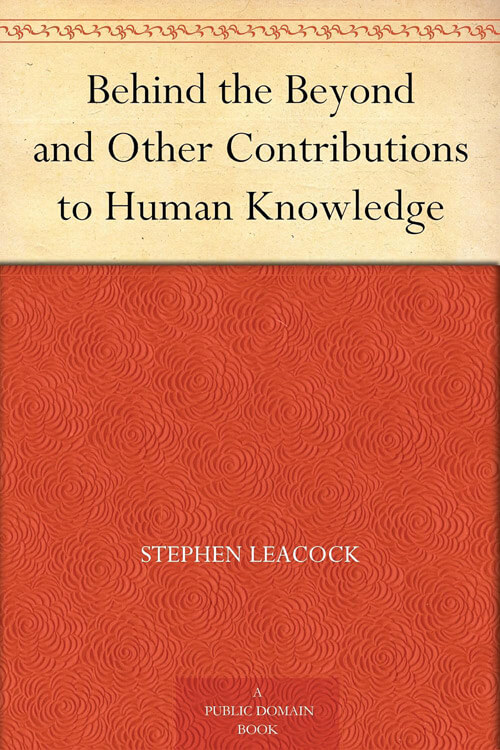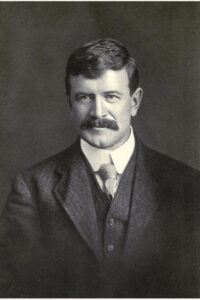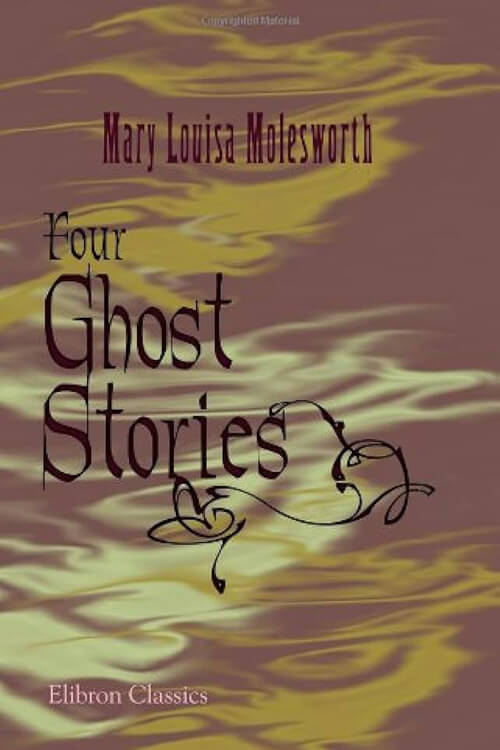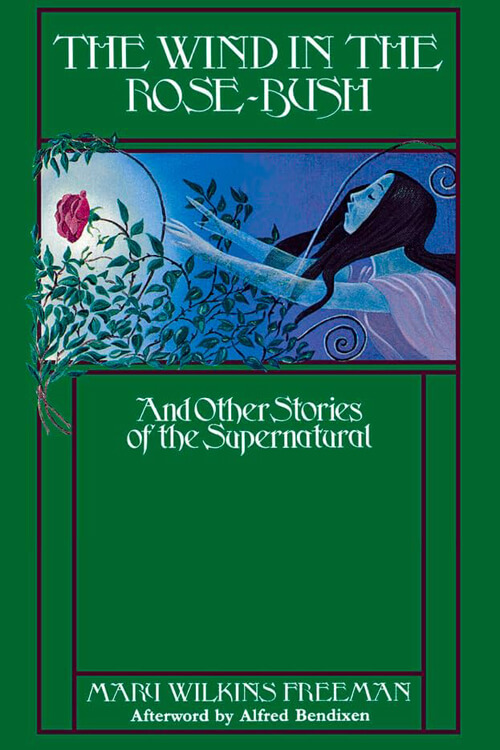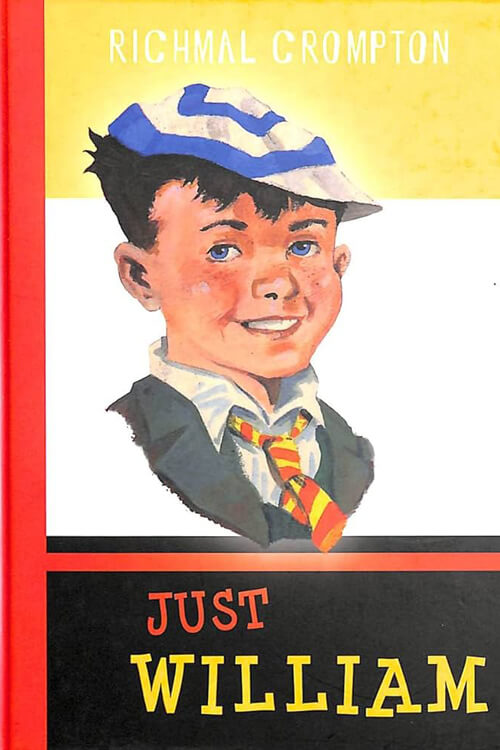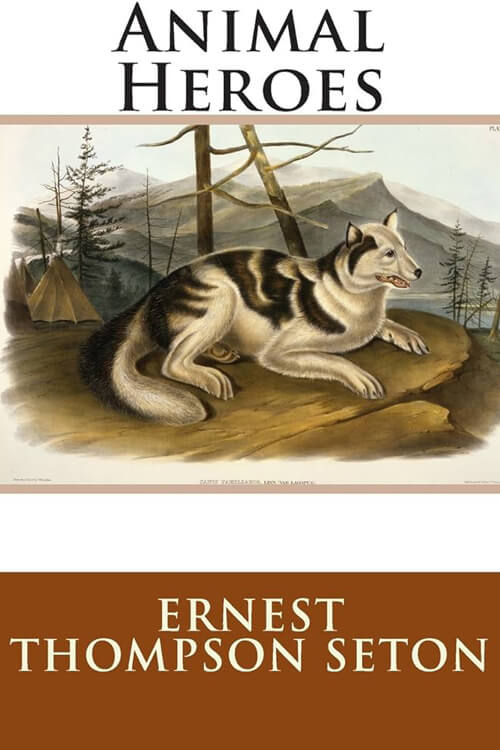
Behind the Beyond
He takes her in his arms. “Yes, always. All day while I am with the Maharanee and her women, and at night, the great silent Indian night when all the palace is asleep, and there is heard nothing but the sounds of the jungle, the cry of the hyena, and the bray of the laughing jackass, I shall seem to hear your voice.” She is much moved. She rises, clenches her hands, and then adds, “I have heard it for five and twenty years.” He has moved to her. “Margaret!” “John!” “I cannot let you go; your life lies here—with me—next to my heart. I want your help and love here inside and beyond.” And as he speaks and takes her in his arms, the curtain sinks upon them, rises, falls, rises, and then sinks again, asbestos and all, and the play is over. The lights are on, and the audience increases in a body and puts on its wraps.
All over the theatre, you can hear the words “perfectly rotten,” “utterly untrue,” and so on. The general judgment seems to be that it is a perfectly rotten play but very strong. They are saying this as they surge out in great waves of furs and silks, with black crush hats floating on billows of white wraps among the foam of gossamer scarfs. Through it all is the squawk of the motor horn, the call of the taxi numbers, and the inrush of the fresh night air. But just inside the theatre, in the office, is a man in a circus waistcoat adding up dollars with a blue pencil, and he knows that the play is all right.
Read or download Book
Stephen Leacock
Stephen P. H. Butler Leacock (30 December 1869 – 28 March 1944) was a Canadian teacher, political scientist, writer, and humorist.
Biography
Between 1915 and 1925, he was the best-known English-speaking humorist in the world. He is known for his light humour and criticisms of people’s follies. Stephen Leacock was born on 30 December 1869 in Swanmore, a village near Southampton in southern England. He was the third of the eleven children born to (Walter) Peter Leacock (b.1834), who was born and grew up at Oak Hill on the Isle of Wight, an estate that his grandfather had purchased after returning from Madeira, where his family had made a fortune out of plantations and Leacock’s Madeira wine, founded in 1760. Stephen’s mother, Agnes, was born at Soberton, the youngest daughter by his second wife (Caroline Linton Palmer) of the Rev. Stephen Butler of Bury Lodge. This Butler estate overlooked the village of Hambledon, Hampshire. Stephen Butler (for whom Leacock was named) was the maternal grandson of Admiral James Richard Dacres and a brother of Sir Thomas Dacres Butler, Usher of the Black Rod. Leacock’s mother was the half-sister of Major Thomas Adair Butler, who won the Victoria Cross at the siege and capture of Lucknow in India.
Peter’s father, Thomas Murdock Leacock J.P., had plans to send his son out to the colonies eventually. Still, when he discovered that Peter had married Agnes Butler at age eighteen without his permission, he almost immediately shipped them out to South Africa, where he had bought them a farm. The farm in South Africa failed, and Stephen’s parents returned to Hampshire, where he was born. When Stephen was six, the family moved to Canada, where they settled on a farm near the village of Sutton, Ontario, and the shores of Lake Simcoe. Their farm in Georgina’s township was also unsuccessful, and the family was kept afloat by money sent from Leacock’s paternal grandfather. Stephen’s father, Thomas, became an alcoholic; in the fall of 1878, Thomas travelled west to Manitoba with his brother E.P. Leacock (the subject of Stephen’s book My Remarkable Uncle, published in 1942), leaving behind Agnes and the children. Stephen Leacock, always of obvious intelligence, was sent by his grandfather to the elite private school of Upper Canada College in Toronto, also attended by his older brothers, where he was top of the class and was chosen as head boy. Leacock graduated in 1887 and returned home to find that his father had returned from Manitoba. Soon after, his father left the family again and never returned. There is some disagreement about what happened to Peter Leacock. One scenario is that he went to live in Argentina, while other sources indicate that he moved to Nova Scotia and changed his name to Lewis. In 1887, seventeen-year-old Leacock started at University College at the University of Toronto, where he was admitted to the Zeta Psi fraternity. His first year was bankrolled by a small scholarship, but Leacock found he could not return to his studies the following year because of financial difficulties. He left university to work as a teacher—an occupation he disliked immensely—at Strathroy, Uxbridge, and finally in Toronto. As a teacher at Upper Canada College, his alma mater, he was able simultaneously to attend classes at the University of Toronto and, in 1891, earn his degree through part-time studies. During this period, his first writing was published in The Varsity, a campus newspaper. Disillusioned with teaching, in 1899, he began graduate studies at the University of Chicago under Thorstein Veblen, where he received a doctorate in political science and political economy. He moved from Chicago, Illinois, to Montreal, Quebec, where he eventually became the William Dow Professor of Political Economy and long-time chair of the Department of Economics and Political Science at McGill University.
He was closely associated with Sir Arthur Currie, former commander of the Canadian Corps in the Great War and principal of McGill from 1919 until he died in 1933. Currie had been a student observing Leacock’s practice teaching in Strathroy in 1888. In 1936, Leacock was forcibly retired by the McGill Board of Governors—an unlikely prospect had Currie lived. Leacock was both a social conservative and a partisan Conservative. He opposed giving women the right to vote. He had a mixed record on non-English immigration, having written both in support of expanding immigration beyond Anglo-Saxons before World War II and in opposition to expanding Canadian immigration beyond Anglo-Saxons near the close of World War II. He was a staunch champion of the British Empire and the Imperial Federation Movement and went on lecture tours to further the cause. Despite his conservatism, he was a staunch advocate of social welfare legislation and wealth redistribution. He is considered today by some a complicated and controversial historical figure for his views and writings. He was a longtime believer in the superiority of the English and could be racist towards blacks and Indigenous peoples. Although Prime Minister R. B. Bennett asked him to be a candidate for the 1935 Dominion election, Leacock declined the invitation. He did stump for local Conservative candidates at his summer home.

